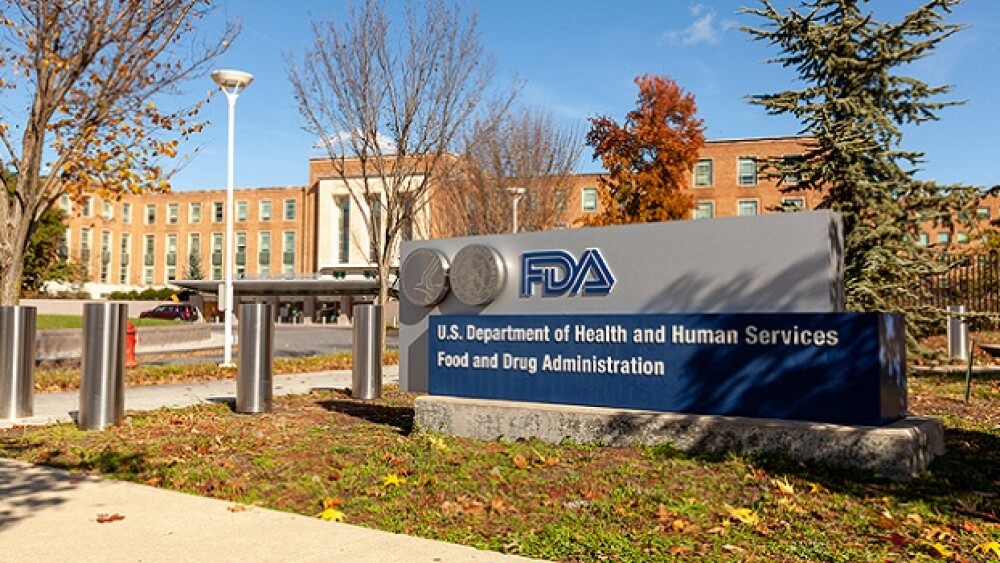March 28, 2017
By Alex Keown, BioSpace.com Breaking News Staff
CAMBRIDGE, Mass. – Alzheimer’s disease. Developing a therapy has been one of the biggest challenges for the life science industries, with multiple failures that have disappointed investors, patients and their families. But, there’s still hope at Biogen that its lead Alzheimer’s products will succeed where so many others have failed.
Biogen is set to present data on its Alzheimer’s candidates this weekend at the 13th International Conference on Alzheimer’s and Parkinson’s Diseases in Vienna, Austria. The company will present data regarding aducanumab, the company’s experimental drug that targets amyloid plaque and amyloid beta oligomers. In December, Biogen released early data from its Phase Ib clinical trial of aducanumab, which revealed that patients receiving the drug showed a drop in Alzheimer’s-related beta-amyloid plaque in the brain, as well as continued to show a slowing of cognitive declines. Biogen is setting up Phase III trials of its drug, which are expected to include up to 3,000 people in more than 20 countries. Data from those trials are years away, but during the Vienna conference the company plans to discuss Alzheimer’s treatments in a session called Amyloid-positive subjects exhibit longitudinal reductions in default mode network spontaneous brain activity over a two-year period.
In addition to aducanumab, Biogen also has elenbecestat, an oral inhibitor of beta secretase, in its developmental pipeline. The drug is being developed in partnership with Eisai. Data is anticipated for some time next year. By targeting beta secretase, elenbecestat is being developed to prevent beta-peptide formation from the amyloid precursor protein, APP, and thus subsequently prevents amyloid beta deposits from building in the brain, according to a Seeking Alpha analysis. Eisai and Biogen dosed the first patients at the end of 2016.
Alzheimer’s disease, a type of dementia, affects 15 million people worldwide, a number that is expected to grow to 75 million by 2030 due, in part, to the lack of effective treatments. In total, there are about 50 million people suffering from some form of dementia worldwide. There is a question as to whether or not amyloid plaque is a cause of, or symptom of Alzheimer’s disease. Many of the hoped-for treatments have failed in the eleventh hour, including Eli Lilly’s solanezumab, which failed to meet endpoints in a Phase III trial last year. Lilly’s Sola is similar in many ways to aducanumab, however Biogen’s drug is believed to be a more potent therapy. Still, anti-amyloid drugs that have failed were unable to slow cognitive decline in patients.
Not only did Eli Lilly ’s drug fail, but in February, Merck pulled the plug on a Phase II/III study of verubecestat, a BACE inhibitor, for use in patients with mild-to-moderate Alzheimer’s disease. Merck said it stopped the study after an external data monitoring committee determined there was “virtually no chance of finding a positive clinical effect.” That’s not the end of Merck’s verubecestat though. The company said it will continue another study evaluating verubecestat in people with prodromal Alzheimer’s disease.
Also in February, Genentech initiated a phase III clinical trial of the Alzheimer’s therapy crenezumab, an anti-Abeta antibody. Crenezumab has had its share of problems. In 2014, the drug goals/340010/company_profile.aspx?CompanyID=1530">failed to meet endpoints in a Phase II study of Alzheimer’s patients. But, after looking at parameters, the company moved forward with additional testing.





